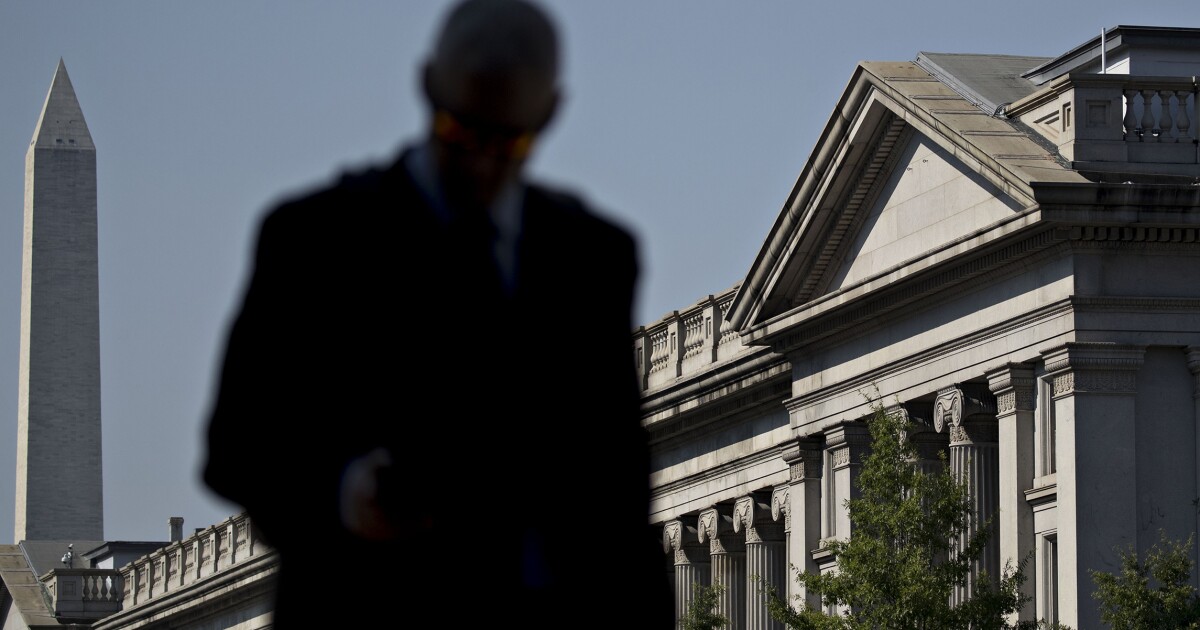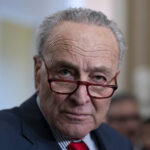

The Biden administration is weighing whether to place sanctions on countries that purchase Russian oil as it continues to search for tools to cripple Moscow’s standing in global energy markets.
While the United States has banned the purchase of Russian oil in response to President Vladimir Putin’s invasion of Ukraine, it has not imposed secondary sanctions on countries that continue to do business with Moscow. Russia’s oil exports have continued to India, China, and Turkey, a member of the NATO alliance.
European countries, while aiming to stop Russian oil imports over the coming year, have not yet introduced an embargo. Meanwhile, rising prices have led to a 50% revenue increase compared to last year, according to a report from the International Energy Agency. This revenue is a lifeline for Putin.
RUSSIAN STRIKE ON UKRAINIAN BRIDGE RAISES STAKES IN GLOBAL FOOD CRISIS
But adding stronger penalties to the sanctions menu, such as the secondary tools the U.S. has used against Iran, could hasten Moscow’s economic fall.
The U.S. is looking at “what can be done in the more immediate term to reduce the revenues that the Kremlin is generating from selling oil, and make sure countries outside the sanctions coalition, like China and India, don’t undercut the sanctions by just buying more oil,” Edward Fishman, a former State Department sanctions expert, told the New York Times.
This week, Secretary of Energy Jennifer Granholm said secondary sanctions are being weighed as a possible option.
“The administration is going to be making decisions in that vein,” Granholm said, insisting that she was “not telegraphing” a decision. “That’s their call,” she added.
Asked whether the administration should impose secondary penalties for Russian oil, Granholm answered, “I know that that’s certainly not off the table.”
While sanctions policy is typically devised by the departments of the Treasury and State, the prospect of a larger oil embargo could prompt input from the Energy Department.
One measure under discussion would impose a cap on the price of a Russian oil barrel, forcing other countries to pay the rate or face U.S. sanctions.
During a G-7 meeting, Secretary of the Treasury Janet Yellen said the U.S. and other leaders were discussing how caps could curtail Russian revenue and other measures.
“A lot of people, including me, find it appealing from a general economic point of view — but actually making it operational is challenging, and all of these issues haven’t been worked through,” Yellen said.
CLICK HERE TO READ MORE FROM THE WASHINGTON EXAMINER
But she said officials were cautious about taking actions that could surge energy prices higher.
“The objective is to keep some Russian oil flowing to the market to hold down global prices so we don’t have undue negative impacts on third countries,” Yellen said.





